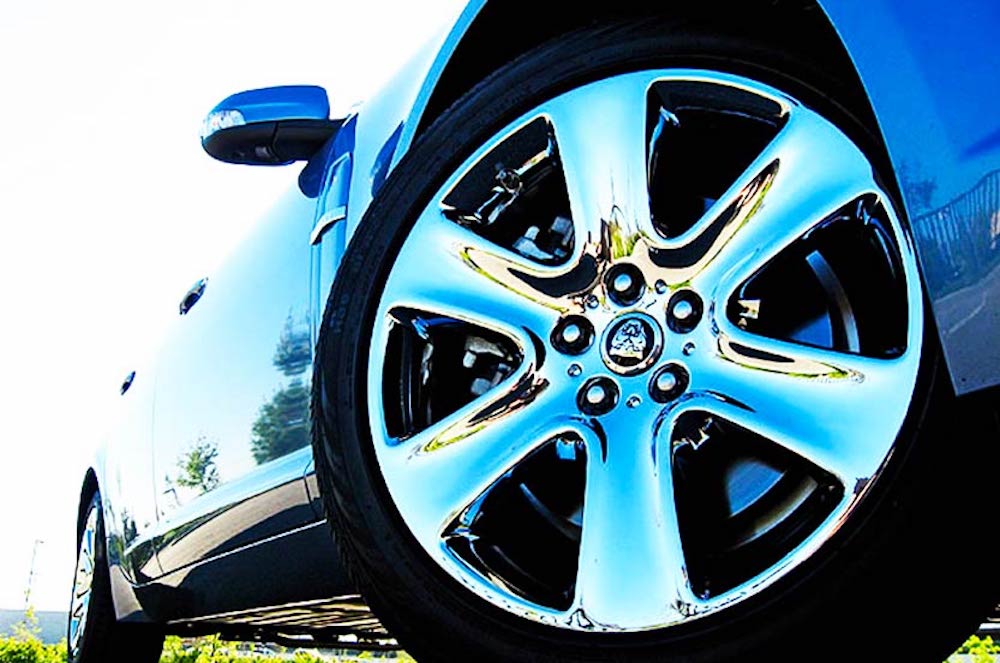
6. Imitation Chrome Spinning Rims
Spinning rims with real chrome are not for everyone. Even though you would never want them on your own car, they are unquestionably fantastic despite being noisy and showy.
However, plastic knockoff imitations are never amazing, are always ugly, and seldom spin properly. Even though they are far less expensive than actual spinners, which can potentially cost hundreds of dollars per wheel, they are not still worth the money. Nothing is better in this situation.
7. Steering Wheel Work Tray
There will never be a time when working in the front seat of a car is optimal. That won’t alter whether you spend $20 or more on a tray that mounts to the steering wheel. It’s difficult to envision this single-use piece of plastic doing anything other than adding to automobile clutter for the most of its life given the numerous and various places you may stop to lean over a laptop.
8. Performance Chips
Prosecutors issued a warning against the popular $69 GForce Performance Chip as early as 2015, claiming it was a deceptive gimmick. So-called performance chips continue to make the same claims that they would increase fuel efficiency, lower emissions, and even give automobiles more horsepower nearly five years later. Although they have been known to activate check engine lights and void warranties, they are unlikely to perform any of those things.
9. Fuel Line Magnets
One of the numerous gadgets that promises to improve fuel efficiency, lengthen a car’s miles per gallon, and save drivers money by utilizing science to modify gasoline molecules in some way—in this example, by producing a magnetic field—is the fuel line magnet.
Fuel line magnets have been used since the 1980s, however despite manufacturers’ exaggerated promises, several investigations have revealed that the devices have no effect on fuel economy.
10. Fuel Ionizers
Another category of allegedly fuel-saving items that have been exposed as a scam is fuel ionizers. They’re touted as producing a “ionic field” that does sciencey things to gas on a molecular level to help it burn more fully by adding one to the fuel line between the injector and the fuel pump.
In actuality, whether ionization occurs or not, current fuel injection systems spray a very thin mist of fuel into the combustion chamber, with almost none of it being lost.








